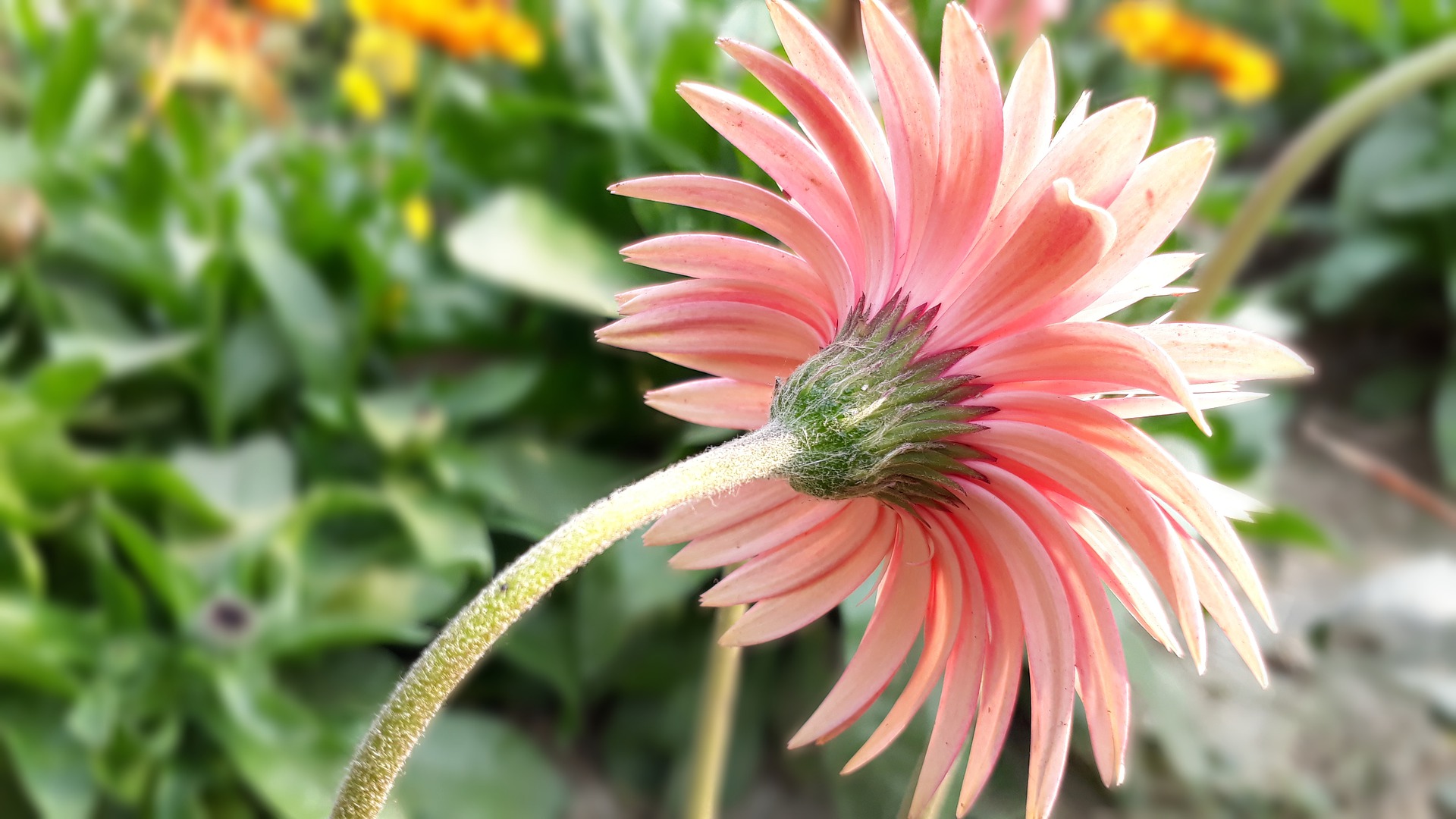
This week, Dr. Kline, of The Center for Natural Breast Reconstruction, answers your question about breast reconstruction.
Question: I underwent a left skin-sparing mastectomy for DCIS in 2010. I also had immediate free tram reconstruction. My entire lateral mammary and inframammary fold were removed. I have significant pain, rupturing of blood vessels on the skin and I have to wear a bra at all times. I have been told I need an ADM for support to the breast as well as tacking of mastectomy tissue to the chest wall. Is this the procedure you recommend for this or do I have other options? I need surgery ASAP.
Answer: I’m sorry that you are experiencing these problems.
The options which you have mentioned, placement of ADM and suturing skin to the chest wall, may well be what you need, but it is impossible for me to say so definitively without first evaluating you in person. If you would like to (securely) send pictures for review this may be helpful, but, again, a final recommendation cannot be made without actually in-person assessing factors such as skin laxity (or lack thereof) and flap characteristics (consistency, shape, volume, etc). For what it’s worth, however, I have never personally encountered a patient with completely natural breast reconstruction with contour problems which required the placement of ADM to correct, but that doesn’t mean it can’t happen.
We have certainly had women travel to Charleston with complaints very similar to yours, and have successful surgery here. However, it may be worth your while to consult with other experienced surgeons in your immediate geographic area first, as the techniques we are discussing can ordinarily be competently performed by any capable plastic surgeon with significant breast reconstruction experience. If you decide to come here, however, we will be pleased to help you any way we can.
Thanks for your question, and have a great day!
Have a question about breast reconstruction or post-surgical you’d like answered from our surgical team? Just ask!














